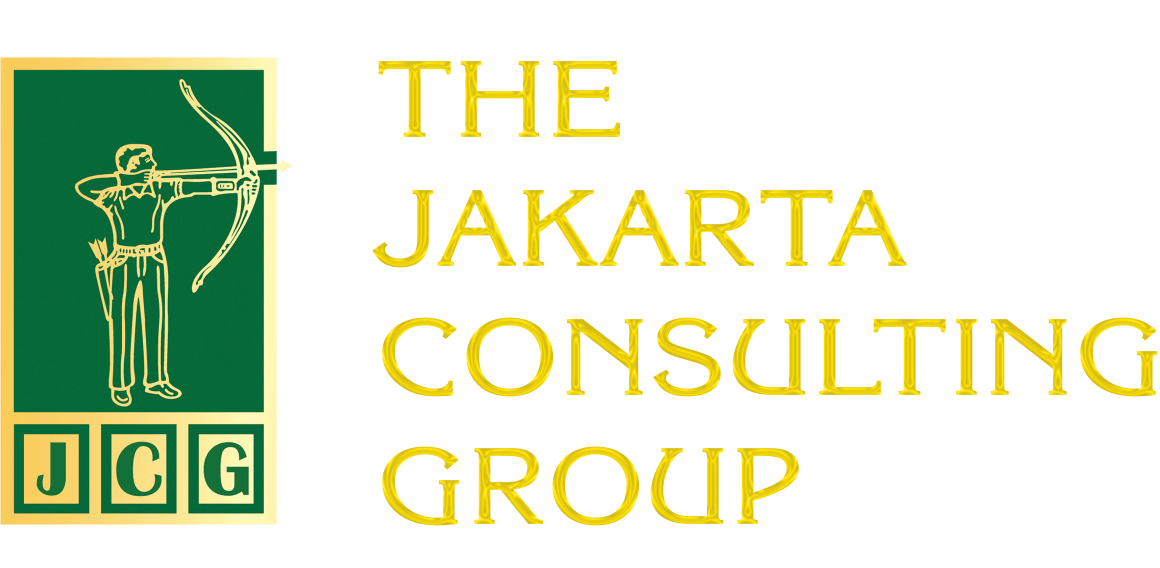In the rapidly changing world of work, professionals are not only required to hone their technical skills, but also to understand the broader business landscape. One of the increasingly popular strategies to encourage faster career development is through secondment programs. What is Strategic Secondment?
Secondment is the temporary placement of an employee to a different position, either within the same organization or outside. The purpose is to develop certain skills or experience. Usually, this assignment is done to support a special project or for a certain period of time.
Apart from being beneficial for the employee’s own career development, this arrangement also benefits the team and the organization as a whole. Companies with a well-planned secondment program usually have an established talent management system and a well-structured succession pipeline.
Why Secondment?
There are a number of benefits of strategic secondment.
1. Broaden business perspective
Secondment programs provide the opportunity to work across different functions or even different organizations. For example, an HR manager placed in the operations division will gain a first-hand understanding of business challenges-not just through data or reports. This experience provides valuable career development and prepares the individual for future strategic roles.
Another example is when an employee with a technical background is placed in the marketing department. The employee can gain a valuable understanding of the marketing strategy of a product. Cross-functional insights like this not only broaden perspectives, but also support personal development more thoroughly.
2. Enhance credibility and performance portfolio
Success in a secondment program can enrich your portfolio while supporting overall career development. The experience of handling cross-functional projects or working in a global environment can be a plus for candidates in the internal promotion process.
3. Expanding professional networks

By working in a new environment, a professional can build wider relationships across departments. This network becomes a valuable asset in building social capital-an important factor that supports career mobility, in addition to technical competence.
4. Sharpen adaptability and leadership skills
Secondment requires one to quickly adapt to new situations, understand different dynamics, and lead a team with diverse work cultures. This process serves as practical training for future leaders who will face the challenges of cross-border organizations in the future.
That way, strategic secondment is not just a temporary assignment, but a long-term investment for career development.
From an employer’s perspective, strategic secondment can be a strategic tool for talent management. Strategic secondment provides a platform for employees to demonstrate their skills in a new environment, potentially uncovering hidden talents or leadership qualities. This is beneficial for succession planning within the organization.
Don’t Forget the Risks
While secondments are beneficial for employee career development, they also come with risks. Foremost is the adjustment period required when moving to a new role or organization. Employees may have a steep learning curve, and the early stages of adaptation can be stressful and demanding. In addition, there is the risk of feeling separated from the previous team or department, which can potentially lead to feelings of alienation.
Secondments often lead to misaligned expectations. The seconded employee may have a different view of his/her new role. Meanwhile, the receiving department may have high expectations of the employee’s productivity and direct contribution. This mismatch could potentially lead to dissatisfaction and perceived missed targets.
Another risk that may arise is the loss of knowledge or skills. When an employee is assigned outside the team, the home team may experience a lack of competence, resulting in a temporary drop in overall team efficiency and productivity. Similarly, upon return, the assigned employee may need time to adjust to the developments and changes that occurred during their absence.
Furthermore, there is a risk of cultural mismatch. Every organization or department has a unique culture and way of working. Adjusting to a different culture can be challenging for the deployed employee, and if not managed well, it can lead to conflict or disintegration.
The Need for Careful Career Development Planning

Without strategic planning, secondments can risk career stagnation – especially if the role is not aligned with the employee’s long-term goals or if the skills gained are not relevant to their primary career path. Therefore, it is important for employees to evaluate how the assignment aligns with their career development ambitions. An open discussion with supervisors regarding expectations and expected outcomes of the assignment is also essential for it to have a positive impact on career development.
For employees on secondment, adjusting to a new role or environment may take extra time and effort. In the early stages, this can lead to longer working hours. Stress may increase. If the assignment requires relocation or a significant change in working hours, the impact can be even more severe, disrupting the employee’s work-life balance.
Secondments do provide many opportunities for self-development, networking and career development. However, the risks should not be underestimated. With good planning and adequate support, secondment can be an effective means to encourage professional advancement as well as organizational growth.
#secondment #assignment #organization #perspective #credibility #professional networking #risks of secondment #competency deficiency #cultural mismatch #work life balance
Related Posts:
Non-Monetary Appreciation: The Recipe for Employee Loyalty and Happiness
Golden Shackles: Employee Retention Strategy or Career Shackles?
Climbing the Ladder or Skill Expansion? The Career Dilemma of Today’s Employees
Social Footprint Check: When Digital Footprints Determine a Person’s Career Fate
Psychological Tests Aren’t Enough: The Importance of Mentorship and Reverse Mentoring in Talent Management










